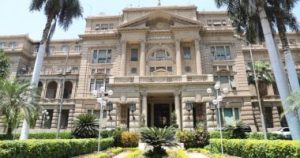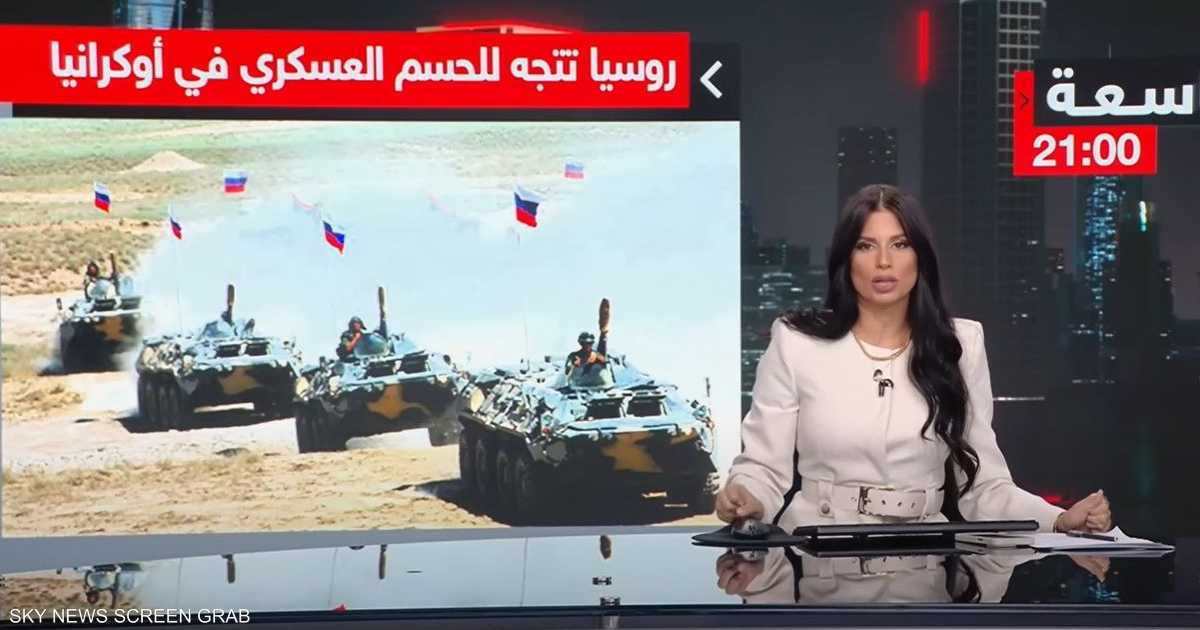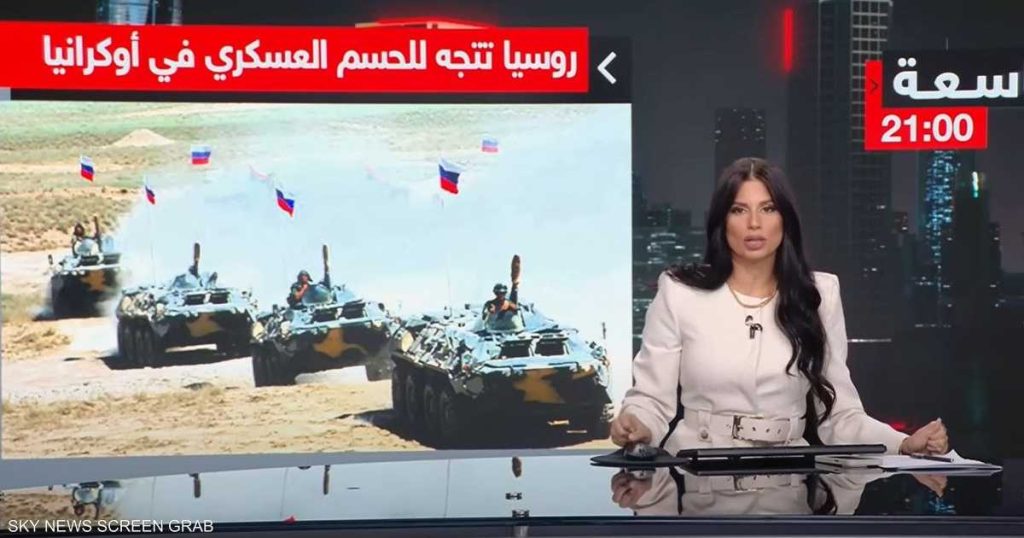The crisis in Ukraine is escalating as Russian forces rapidly advance on multiple fronts, while U.S. President Donald Trump shows signs of withdrawing support for Kyiv, accusing Europeans of prolonging the war.
These developments coincide with a domestic shock in Ukraine: the assassination of former Ukrainian parliament speaker Andriy Parubiy, adding a serious security and political dimension to the conflict.
Amid these circumstances, former Ukrainian diplomat Volodymyr Shumakov offers a sharp analytical reading of the war’s trajectory, asserting that Moscow is not seeking a ceasefire or settlement, and that the war may drag on due to ongoing Western divisions and declining direct U.S. support.
Russian Advance: Field Control Nearing
The Russian General Staff announced that Russian forces are close to full control of the Luhansk region, with less than 60 square kilometers remaining to complete control of the province, while Moscow declared its influence now extends over 79% of Donetsk territory.
Russian Army Commander Valery Gerasimov confirmed that military operations continue at a high pace along the front line, focusing on establishing buffer zones in Sumy and Kharkiv to secure borders and prevent counterattacks.
This strategy reflects Moscow’s desire to expand control and impose facts on the ground before any potential talks.
Conversely, Ukrainian observers warn that this advance carries potentially catastrophic consequences for civilians, with reports of possible genocide and war crimes in occupied areas, including book burnings and erasure of Ukrainian cultural identity.
Kyiv Between Economic Pressure and Political Isolation
Ukrainian President Volodymyr Zelensky called for sanctions on Russia’s energy and banking sectors as main sources of war funding, stressing the need for economic allies to pressure Moscow to halt its attacks.
However, reality reflects limited impact, as Ukraine faces uneven Western support: the European Union is unable to cover all military and financial needs, while the U.S. wavers between pressuring Europeans and showing clear hesitation in full commitment, especially from Trump, who expresses dissatisfaction with imposing strict sanctions on Russia.
Parubiy Assassination: Security and Political Shock
The city of Lviv witnessed the assassination of former Ukrainian parliament speaker Andriy Parubiy, described by authorities as a “terrorist act” targeting symbols of Ukrainian nationalism.
President Zelensky announced a wide investigation named “Alarm Whistle” to find the killer, signaling government seriousness in handling the crime but also reflecting internal security fragility amid war.
This incident adds to psychological and political pressures on Kyiv, which seeks to confront Russian advances while maintaining internal cohesion, making personal security of leaders both symbolic and strategic.
Trump and Europe: Western Support Cooling
Media reports, notably from Axios, indicate Trump is disappointed with the war’s course in Ukraine and seriously considering retreating from resolution efforts, accusing Europeans of failing to impose necessary sanctions on Moscow.
This stance places NATO before a major challenge: the White House pressures Europeans to impose strict sanctions, while Europe shows real divisions over the future of supporting Ukraine militarily and economically, complicating Euro-American coordination.
Long War Without Keys to Resolution
In a comprehensive reading of the situation, former Ukrainian diplomat Volodymyr Shumakov told Sky News Arabia’s program Al Tasi’a:
Shumakov explains that the war’s length relates to the absence of real security guarantees for Ukraine, as well as weak European unity and U.S. hesitancy, especially regarding protection of Ukraine’s territorial integrity under previous international agreements.
NATO Pretext: Historical Analysis
Shumakov confirmed that NATO expansion was not the real cause of the Ukraine invasion, noting Ukraine was not a candidate for NATO membership in 2014.
He added Russia exploited this reality as a pretext to occupy Crimea and parts of Donbas, and Ukraine’s shift toward NATO membership came later in 2019 as a response to “Russian betrayal” and threats to Ukrainian state security.
He explained that Russian expansion is based on old colonial ambitions, and the current invasion is not an isolated incident but an extension of historical policies aimed at erasing Ukrainian identity and regaining influence over the entire territory.
Moscow’s Conditions… Unacceptable Surrender
Shumakov stated that any Russian conditions imposed on Ukraine would mean an unacceptable surrender leading to genocide and destruction of national identity, including book burnings and cultural erasure, and any acceptance would result in Ukraine’s erasure as a state.
He emphasized that current resistance is not a choice but an existential necessity, and national steadfastness is the only way to preserve the state. These facts make any comprehensive peace negotiations difficult at present, especially with Russian military advances imposing new realities on the ground.
Europe’s Test of Unity
Despite strong support from some European countries, especially Eastern Europe, the European Union suffers real divisions:
- EU membership issue: a wide dispute.
- Ukraine’s NATO membership: still controversial.
- Security commitments: especially the Budapest Memorandum, which guaranteed Ukraine protection in exchange for denuclearization but was not fully implemented.
Shumakov pointed out that Ukraine gave up the world’s third-largest nuclear arsenal but did not receive effective guarantees, leaving it facing Russia alone with a direct nuclear threat from the other side.
Long-Term War of Attrition
According to Shumakov’s reading, the war is heading toward a long attrition battle. Russia has the world’s second strongest army and largest nuclear arsenal, while Ukraine relies on limited and uncertain Western support amid a direct threat to its identity and sovereignty.
A quick resolution is unlikely at this stage, especially with European divisions, U.S. hesitation, and Russian advances imposing new facts on the ground, while Kyiv struggles to maintain internal cohesion and leadership security.
The war in Ukraine enters a critical phase: Moscow nears control of Donbas and expands buffer zones, while Kyiv faces severe military and political pressures. Parubiy’s assassination dealt a morale blow as some Western powers retreat from commitments and Trump shows cooling support for Kyiv.
Shumakov’s statements summarize the tragic reality: Moscow does not want peace and has the economic and military capacity to continue the war, while the West is divided and Ukraine fights for its survival. In this scenario, the war looks long-term with no near resolution keys, with direct threats to Ukrainian identity and sovereignty.
Russia bets on time, weapons, and economic capacity to impose facts on the ground, while Ukraine bets on resistance and limited Western support, facing terrifying scenarios that could redraw the entire regional map.














Recommended for you
Exhibition City Completes About 80% of Preparations for the Damascus International Fair Launch
Talib Al-Rifai Chronicles Kuwaiti Art Heritage in "Doukhi.. Tasaseem Al-Saba"
Unified Admission Applications Start Tuesday with 640 Students to be Accepted in Medicine
Egypt Post: We Have Over 10 Million Customers in Savings Accounts and Offer Daily, Monthly, and Annual Returns
His Highness Sheikh Isa bin Salman bin Hamad Al Khalifa Receives the United States Ambassador to the Kingdom of Bahrain
Al-Jaghbeer: The Industrial Sector Leads Economic Growth